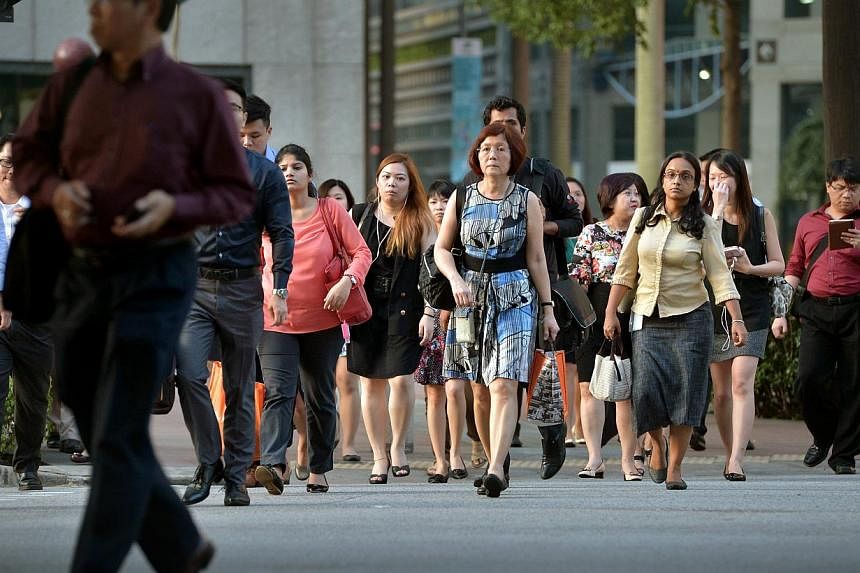The future for working life is that people will be working until they die, and what's more, they will want to, according to a new study released this week by a UK trends consultancy.
The study by The Future Laboratory, which was commissioned by UK financial protection insurers Unum, says that the biggest trend among British workers is an "ageless workplace" in which people can continue to work into old age, CNBC reported.
"The rise of a workplace that is 'ageless' enables 'returnment' instead of retirement and promotes the idea that you can work forever," CNBC quoted the report as saying.
It's not that employees will be forced to work until they die - they will actually want to, the study claims.
"It's a way of maintaining social connections and doing something useful, and of making the financial transition from full-time work to part-time work into retirement easier," Mr Mark Beatson, chief economist at the CIPD, a professional body for human resources and people development, was quoted by CNBC as saying.
The study notes that if workers are going to work forever, workplaces will have to evolve to meet their needs.
Healthy canteens, brain training, and even DNA-testing to better understand workers' health are some of the ways they will do this, said the report.
"In an ageing society in which retirement is no longer the end goal to start re-living life, employers are expected to take better care of their employees," the report said.
Coincidentally, Time magazine ran a commentary this week by Ms Ruth Davis Konigsberg, titled "Why I Want a Real Retirement, And You Should Too".
Ms Konigsberg, who is a director of an asset management company, notes that rising life expectancies and increasing funding problems for government and private pension plans have led to the recommendation that people defer their retirement past the traditional age of 65 into their 70s and beyond.
"It's getting to the point where many in my generation have started to assume that they might never retire at all," she writes.
The concept of a real retirement has come to symbolise financial irresponsibility or laziness or both, Ms Konigsberg observes.
But she argues: "It's true that delaying retirement into your 70s will likely improve your financial situation. Yet in an age when work has come to permeate most of our waking hours, it seems even more important to delineate at least a decade when you're still healthy enough to both reap the benefits of that hard work and devote your time to other pursuits."
Singapore last week raised the re-employment age for eligible government employees to 67 from 65, and it seems likely this will be extended to all workers. The official retirement age is 65.


